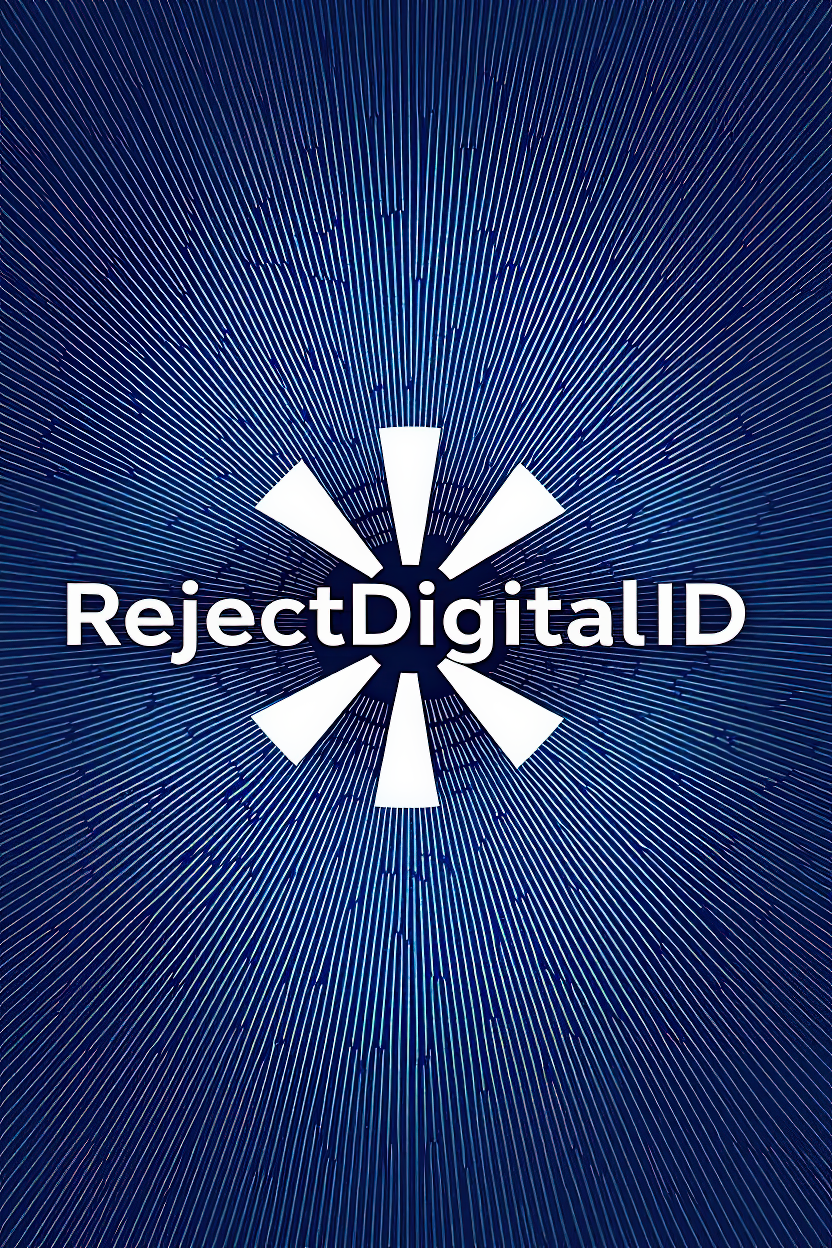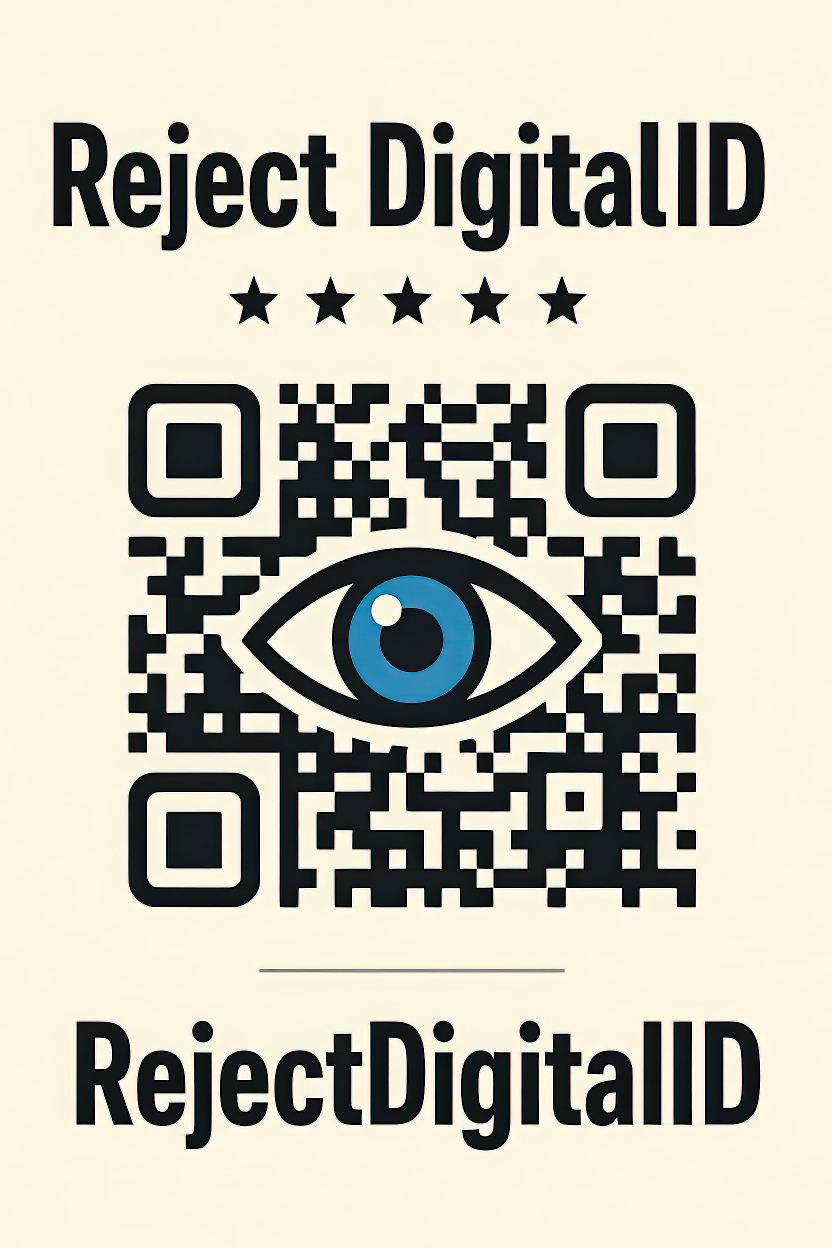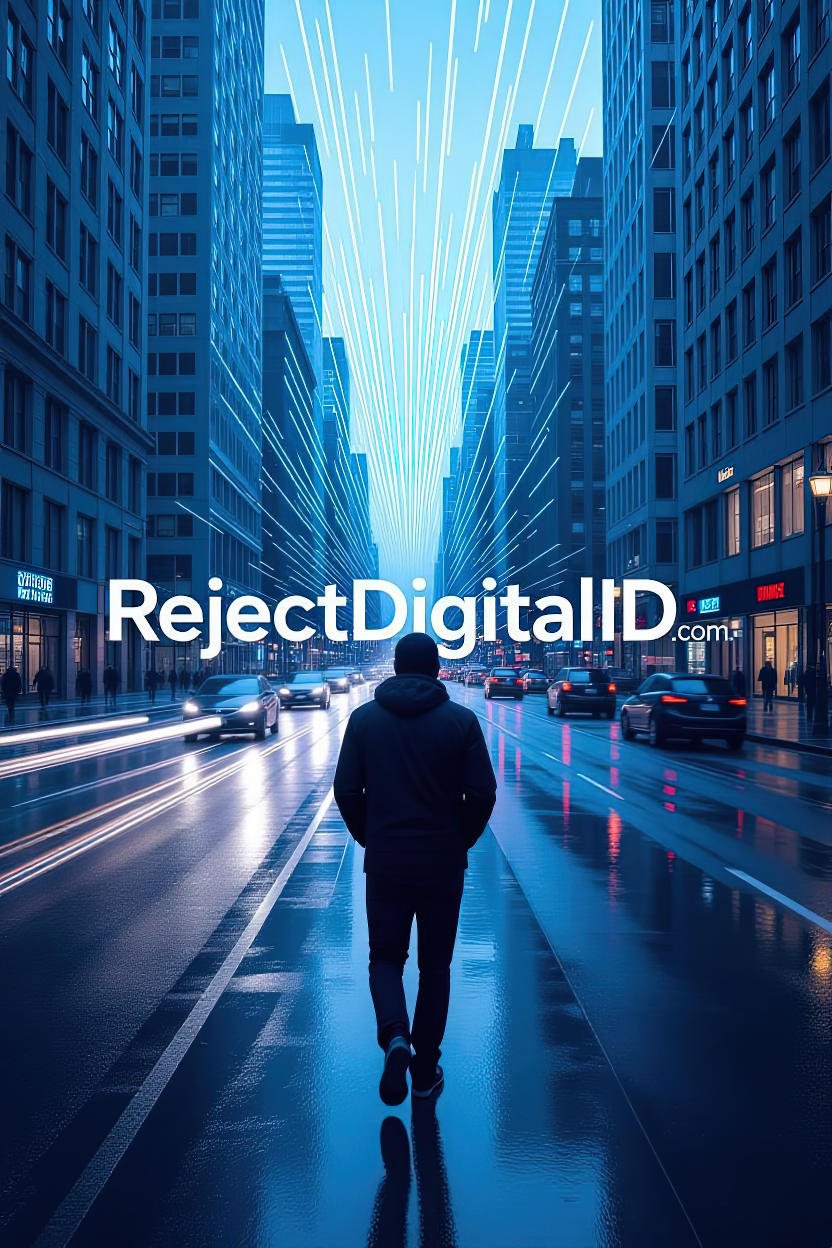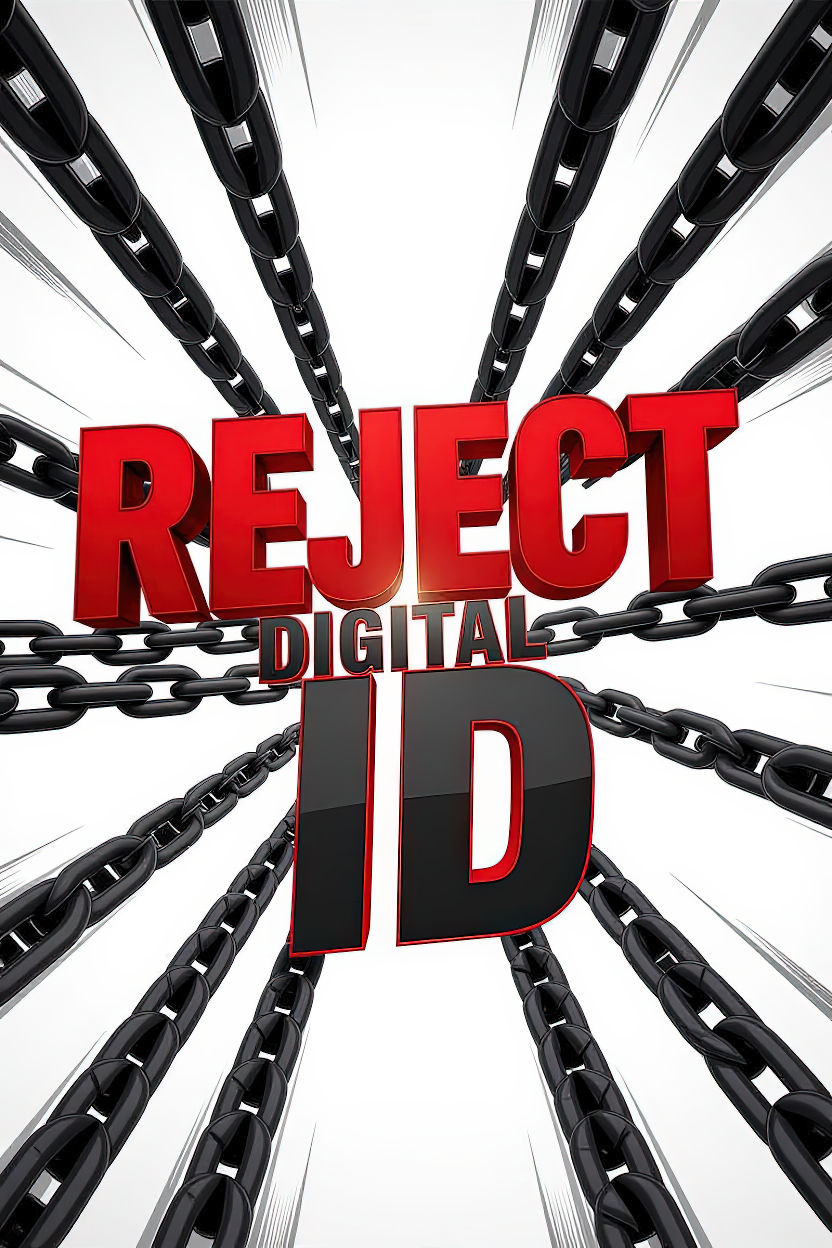Stand Against Digital IDs: Protect Your Privacy
Join the Movement to Preserve Your Personal Freedom
Discover why rejecting digital IDs is crucial for safeguarding your privacy and autonomy in an increasingly digital world.
Our Mission: Defend Privacy and Freedom
Key Concerns About Digital IDs
Privacy Invasion
Data Security Risks
Identity Theft Vulnerability
Government Surveillance
Lack of Consent
Centralized Control
Potential for Misuse
Increased Cyber Threats
Loss of Anonymity
Limited Access for Vulnerable Groups
Erosion of Civil Liberties
Dependence on Technology
Inequality and Discrimination
Complexity and Cost
Resistance to Change


UK: A Polarizing Topic with Historical Baggage
The UK’s digital ID journey is marked by controversy. In 2006, amid post-9/11 security fears, Tony Blair pushed for biometric ID cards, envisioning them as tools against terrorism and benefit fraud. The scheme, costing £4.5 billion in pilots, was axed in 2010 by the Coalition Government due to civil liberties backlash—groups like NO2ID argued it created a “database state.” Fast-forward to 2025: Keir Starmer’s Labour government proposes “Brit cards” to verify employment rights, targeting illegal working without mandating for citizens. The Tony Blair Institute estimates £1 billion setup costs but claims savings in migration enforcement.
Opposition is fierce: Liberty warns of “pushing unauthorised migrants into shadows” and cybersecurity risks, citing past failures like the NHS IT project. Public polls show division—supporters see migration control benefits, while detractors fear “mission creep” into everyday surveillance. Social media amplifies rumors linking it to WEF agendas, though official briefings emphasize voluntary, targeted use.


USA: Proposals, Rumors, and Balanced Perspectives
The USA lacks a unified national digital ID, relying on state-issued documents like driver’s licenses, some digitized (e.g., Apple’s Wallet in 30+ states). Recent proposals include the 2024 Improving Digital Identity Act by Rep. Bill Foster, creating a White House task force to standardize verification for federal services like Social Security. Another bill from Rep. Mike Kelly suggests a new agency to regulate tech, addressing deepfakes and fraud. The ITIF outlines benefits: Faster benefits delivery, reduced paperwork, and economic gains (e.g., $10B+ in annual efficiencies).
Rumors proliferate on platforms like X, linking digital ID to “surveillance states,” CBDCs, or “social credit” systems, often citing figures like Larry Ellison or Bill Gates without direct evidence. Counterarguments from the EFF stress privacy: Zero-knowledge proofs offer selective disclosure but aren’t foolproof against abuse. During the Trump administration, executive orders advanced federal digital identity management for cybersecurity, not citizen tracking. Balanced views from the Atlantic Council recommend learning from EU/Japan models, prioritizing trust and inclusion.
Social media discussions reveal empathy for concerns: Posts oppose mandatory IDs, fearing loss of anonymity, while others see voluntary tools as progress. To defeat rumors, emphasize: No federal mandate exists; focus is on opt-in enhancements. Website copy above provides a template for factual rebuttals, promoting informed dialogue over fear.
Take a Stand
Join us in the fight against digital IDs. Sign our petition today and help us protect our privacy and freedoms. Together, we can make a difference.
